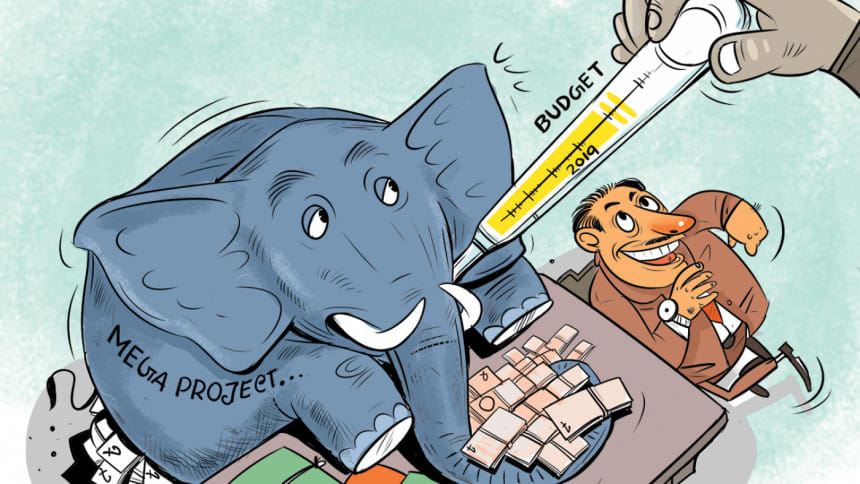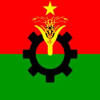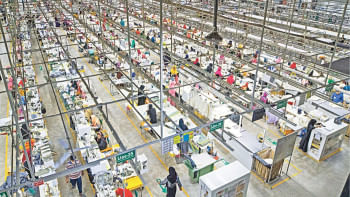Mega but slow

In 2010, the government decided to construct a 128-kilometre (km) metre gauge rail track to link Chattogram with tourist town Cox's Bazar at a cost of Tk 1,852.35 crore.
But it changed the decision in 2014 and decided to build a dual gauge track for better connectivity, raising the cost tenfold to Tk 18,034.47 crore.
Changes came again. This time the authorities shelved plans of the first phase to construct the track up to Gundum, near the Myanmar border, from Ramu owing to fund shortages.
After a lot of hurdles, the construction work for the track from Dohazari to Ramu started in March 2018.
However, land acquisition continues to linger as a big problem. As a result, only 23 percent physical progress of the first-track project was achieved till March this year.
The poor implementation also forced the authorities to take back more than Tk 920 crore from the allotment in the outgoing fiscal year, raising questions on whether the project can be completed within its 2022 deadline. The project is not the sole one to face complexities.
Most of the mega projects undertaken by the government have faced delays in implementation largely due to poor planning, uncertainty over financing and problems linked to land acquisition.
And all of these are the outcomes of inefficiency, negligence, a lack of accountability and in many cases corrupt practices of people related with the projects.
As a result, most of the projects, which are supposed to bring ease to people's lives and boost economic activities once complete, have not seen the progress expected even after receiving hefty allocations every year, which remained largely unused.
The delays also escalated the project costs. Against this backdrop, Finance Minister AHM Mustafa Kamal yesterday allocated a huge chunk of money for the mega projects aiming to speed up their construction.
"We are aiming to achieve the double-digit growth as quickly as possible through timely implementation of all nationally important infrastructure projects including mega projects…" the finance minister said in his budget speech.
Fifteen mega projects are set to receive Tk 52,758 crore in the next fiscal year, accounting for one-fourth of the Tk 202,721 crore set aside for development expenditure in the year.
Of them, nine projects could not spend the fund they were allotted in the current fiscal year while the spending by the remaining six exceeded their allotment. Most of the projects were behind schedule, including the much-talked-about Padma bridge project.
The government had originally planned to inaugurate the Padma bridge in December last year but later extended the date by one year.
However, the overall progress of the project was at 67 percent till April this year. Meanwhile, the project cost increased three times to reach Tk 30,193.39 crore.
The Padma bridge and Dohazari-Ramu rail track are two of the nine projects from which the government revised the allocation.
The remaining seven are of the metro rail, Padma bridge rail link, Hazrat Shahjalal International Airport expansion (first phase), SASEC road connectivity project-II, power grid network strengthening, expansion and strengthening of power system network and Dhaka-Ashulia elevated expressway.
The six projects which got increased allocation are of the Dhaka elevated expressway, Karnaphuli river tunnel, Rooppur nuclear power plant, bus rapid transit (Gazipur to airport), Paira deep sea port and Matarbari coal power plant.
Zahid Hussain, lead economist of the World Bank's Dhaka office, said the fast-track mega project were delayed for a variety of reasons, some logical and others not so.
"Unforeseen events such as the Holy Artisan tragedy and unforeseeable design complications are the logical ones while poor planning and non-transparent selection of contractors are hard to justify logically," he said.
He said the reasons range from poor initial designs, land acquisition delays and complicated fund release procedures to ineffective supervision.
"Budgetary allocations for these projects often are not utilised because of these bottlenecks," he said.
Siddiqur Rahman, senior vice president of the Federation of Bangladesh Chambers of Commerce and Industry, said development projects have to go through many difficulties in Bangladesh, resulting in delays and escalating costs.
He said the authority should push the contractors for mobilising more manpower and equipment to expedite project implementation.

 For all latest news, follow The Daily Star's Google News channel.
For all latest news, follow The Daily Star's Google News channel. 








Comments